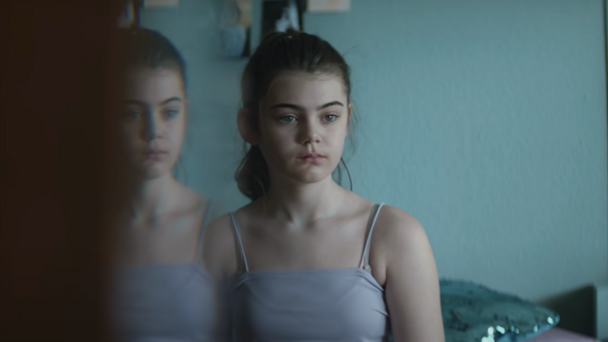Letter from gen Z: what Dove’s ‘Reverse selfie’ ad means to me
Living life through filters has become all too common. Dove’s recognition of the damage done trying to live up to the perception of beauty is to be applauded, writes gen Z columnist Emily Johnson. Here’s why ‘Reverse selfie’ is so impactful, and what Dove needs to do next.

Dove’s latest ad highlighting the pressure on teenage girls about body image
I was only just born when the very first Dove campaign came out highlighting the need to have honest conversations around beauty standards.
My first memory of the campaign was as a young girl scout, when a Dove Ambassador came to present to our troop about body image and how the beauty industry manipulates our perceptions of what is real and, therefore, what is attainable. During the workshop, I vividly recall the Dove representative showing us images of women, who appeared drop dead gorgeous in beauty shots, but when all the photo editing had been stripped away how ordinary they appeared. I also recall she showed us an image of tennis pro Andy Roddick on the cover of a sports magazine. Even though he was an athlete at the very top of his game, they had edited him and added more muscles without his permission.
Seeing Dove come out again with a similar message this month, as a gen Z I am applauding loudly. We must continue to echo this message through the bedroom of every tween girl. Each year, a new cohort of girls start to lose that childish innocence and enter the world of self-doubt by thinking: “I wonder what the world will think of me and how people will judge me based on my appearance?” Each year this new group of girls needs reassuring that they are wonderful human beings, however they appear.
And, frankly, we as gen Z need constant reminders about this too. As we scroll through our Instagram, it’s so easy to slip into the thought process of: “Oh look at her, she’s so pretty, I’ll never look like that.” We forget to ask ourselves what they really look like behind all the filters. Gen Z even takes the use of filters to an extreme – we use ‘ugly filters’ which distort our faces, so we look really unattractive. The feelgood factor comes from removing the ugly filter to see the true picture and it makes us feel better about ourselves. Some people live their lives only ever presenting themselves through a filter. It must be so confidence-destroying for them to then see their true selves in the mirror.
Because my generation is happy to morph themselves to look good, it needs brands and wider society to help younger people understand there is a lot of fakery out there.
We have grown up with Dove being the brand who takes on this challenge. Many other brands piled on top of their original work (Aerie did great work here) and tried to contribute to the message that everyone is beautiful. This message will never not be important, and I hope Dove never stops investing in it. The Unilever/Ogilvy team back in 2004 were so brave, setting out to challenge a whole industry, and now many have followed. I’d like to see Dove continue to maintain its position as the champion for honest beauty.
If I had one piece of advice for the brand, I would ask them to be inclusive of men and trans people in this movement. My TikTok For You Page is full of stories of young men struggling with body image issues and depression because of the high standards they see online. Dove has a male product line that seems to have a different mission, but joining forces on this for gen Z and millennial audiences would be very powerful and much needed.
Emily Johnson is an editorial intern at The Drum and future Syracuse University undergrad.
